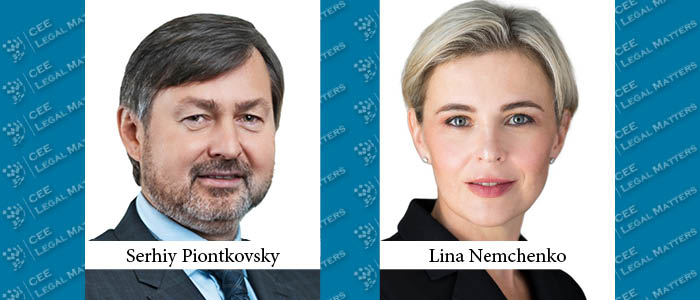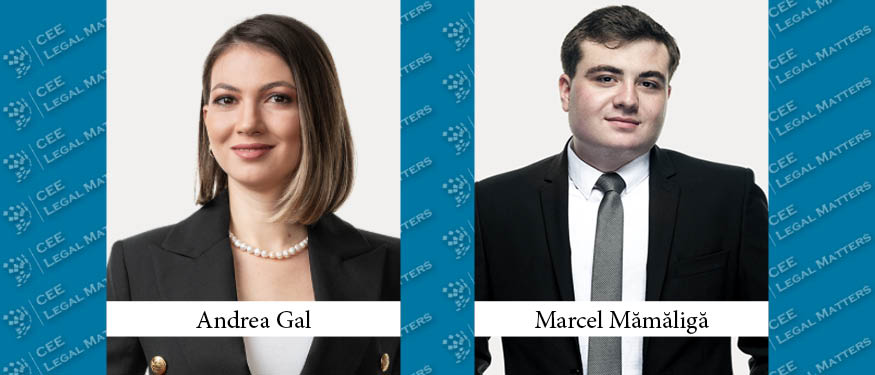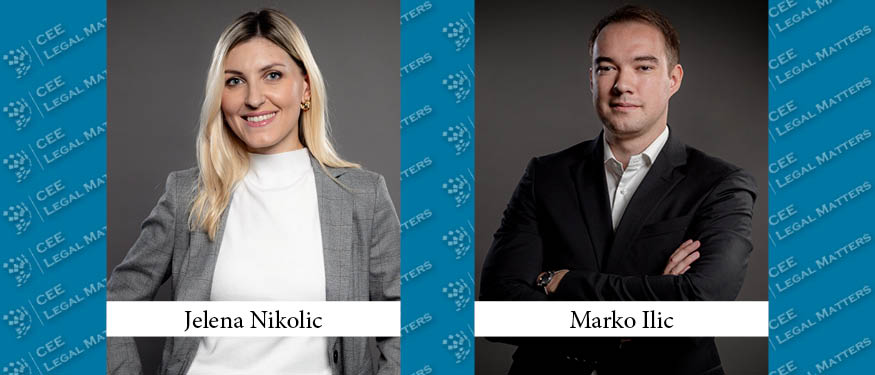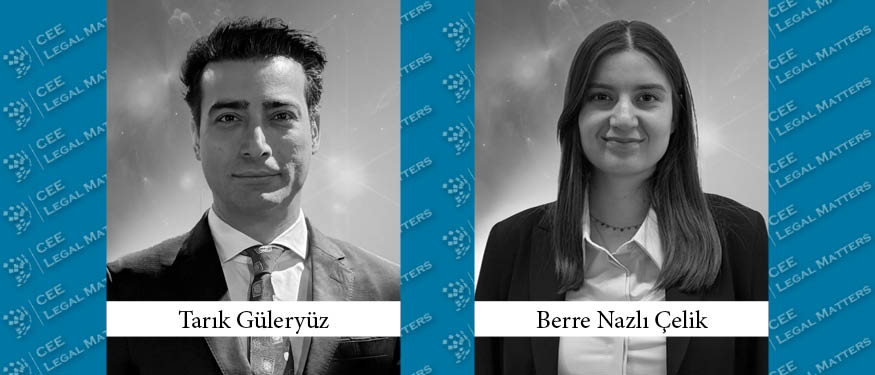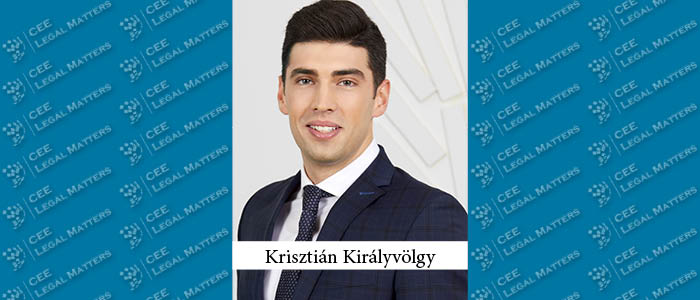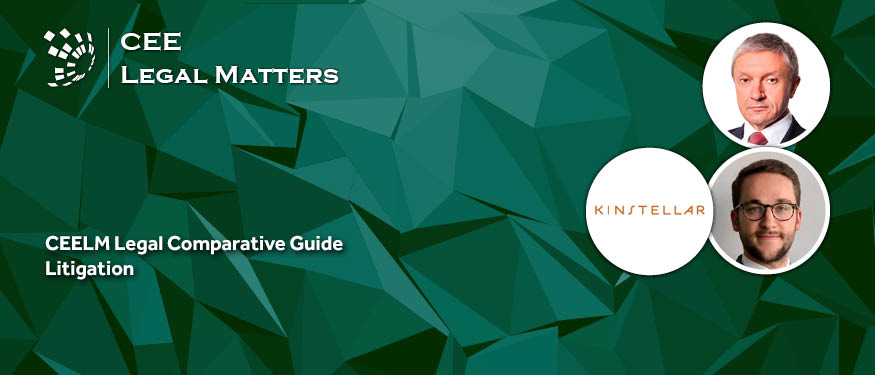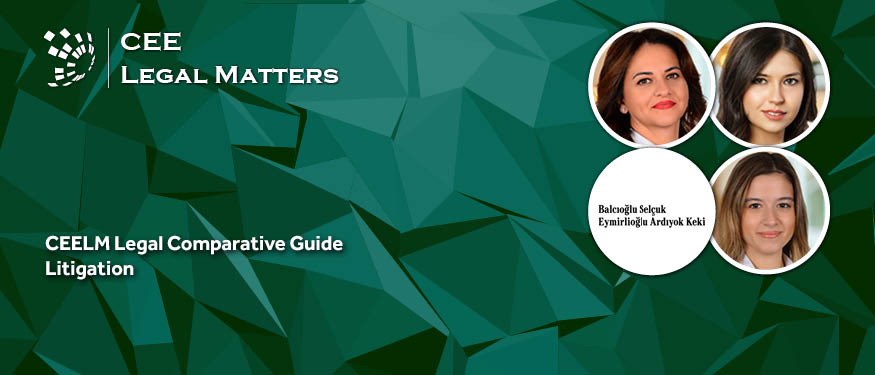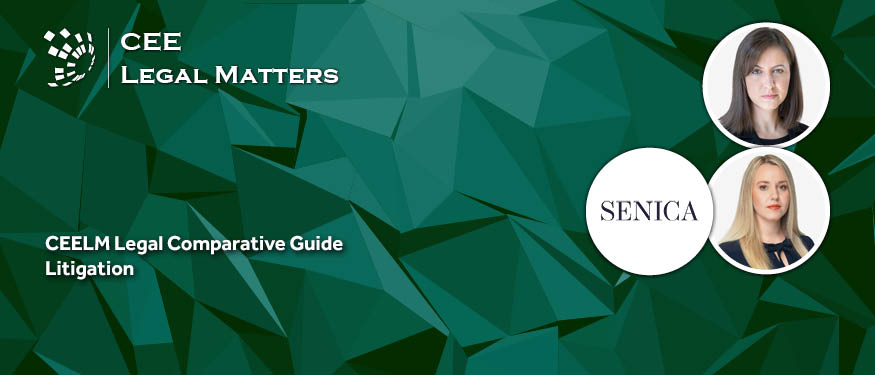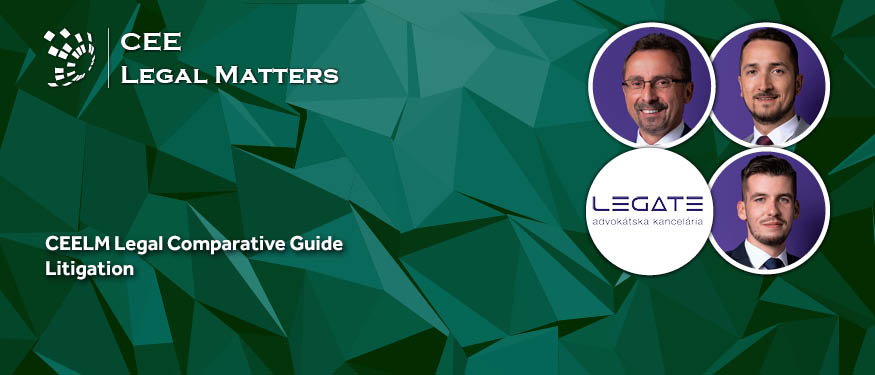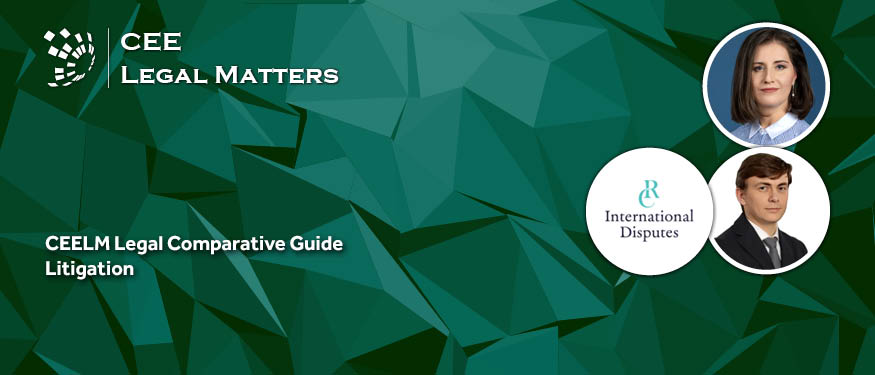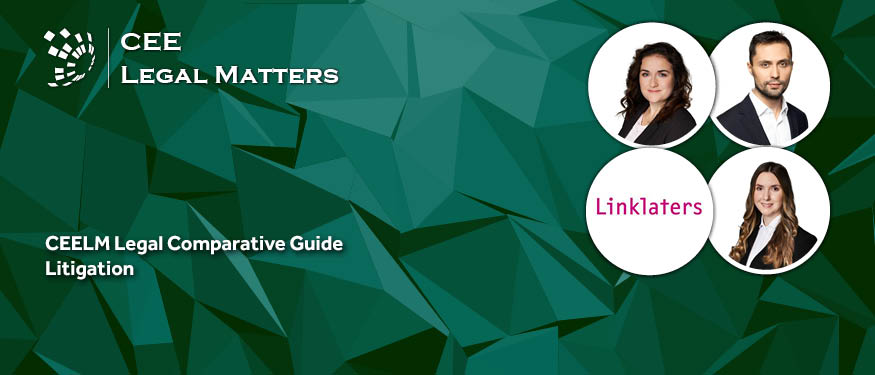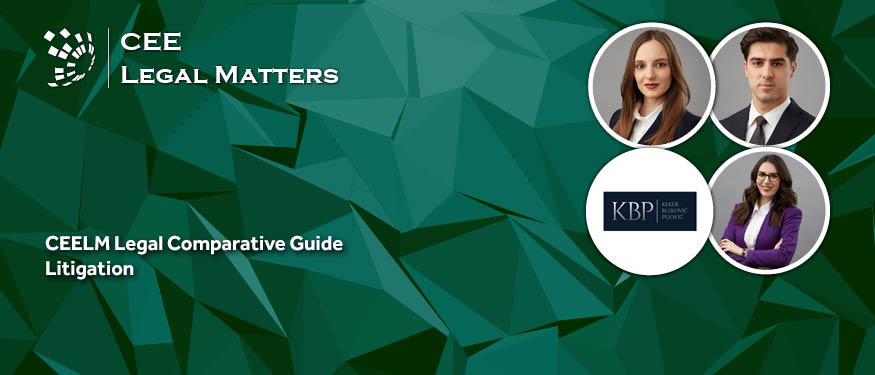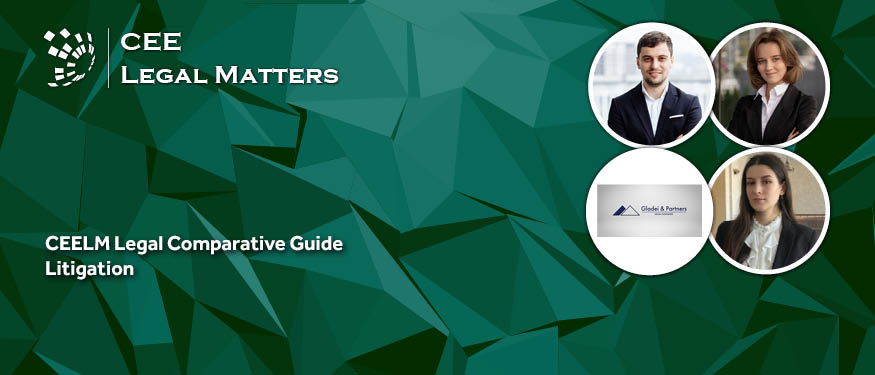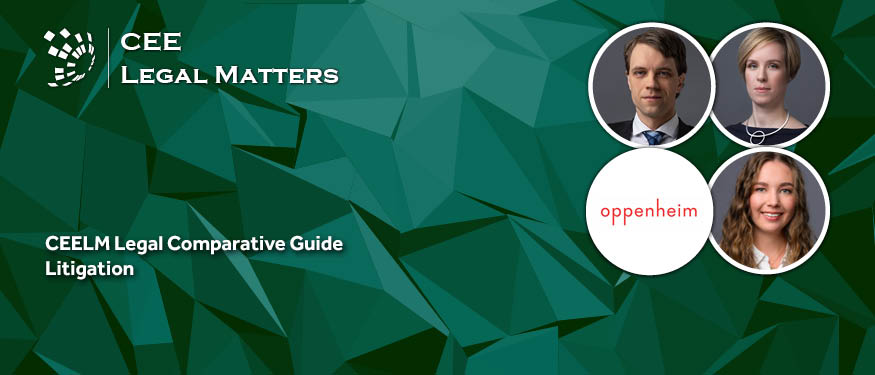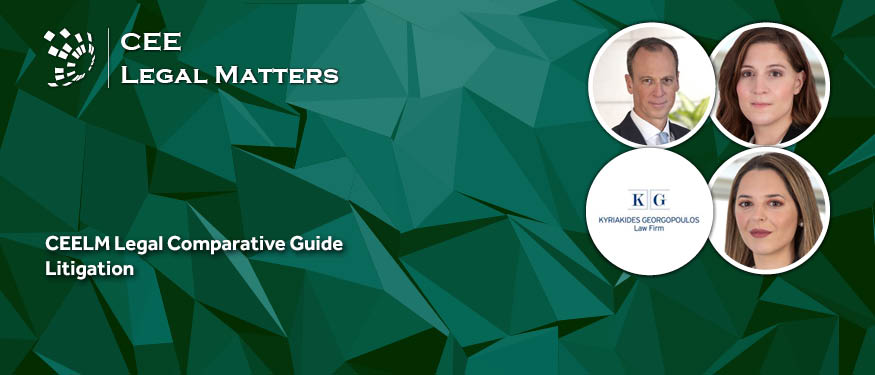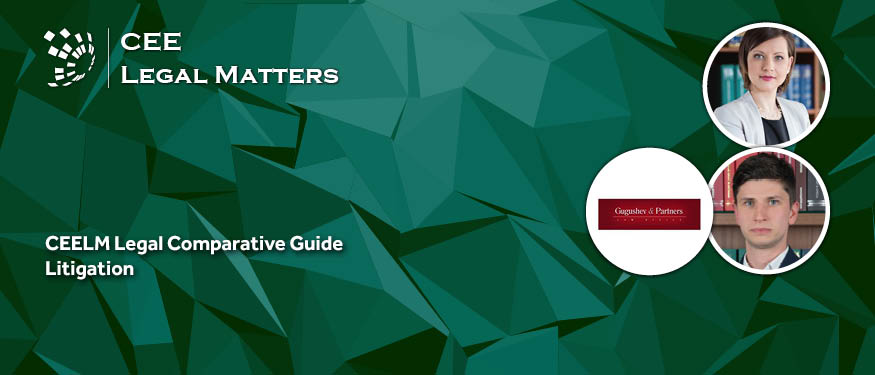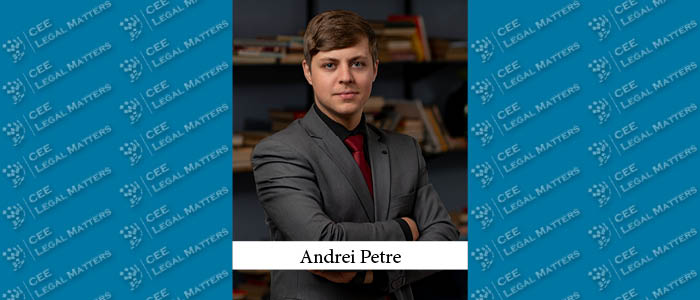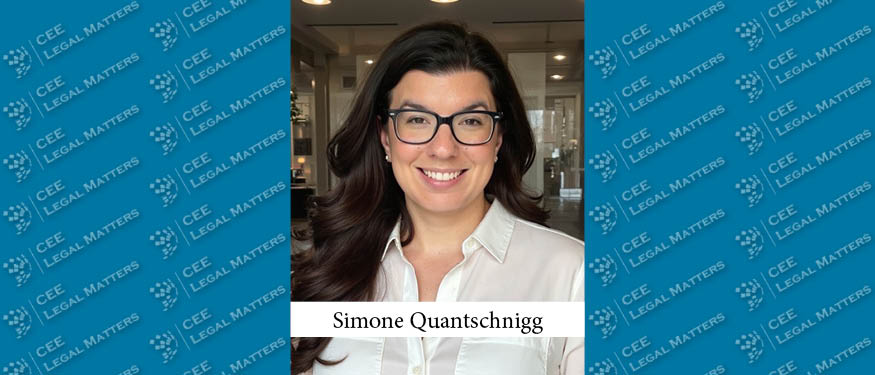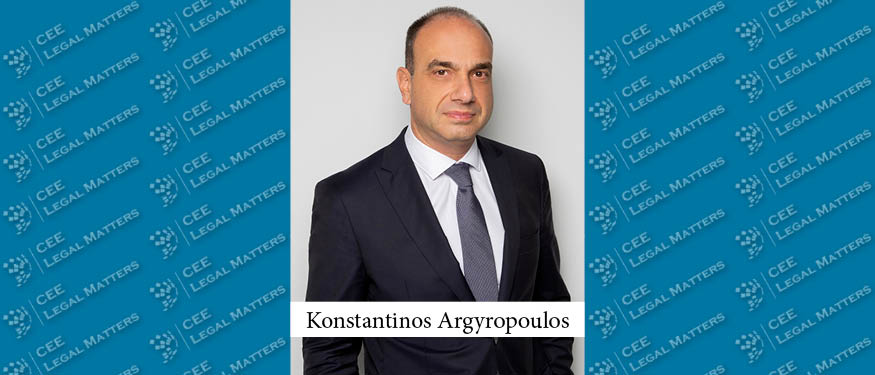On 9 April 2025, Law of Ukraine No. 4292-IX On Amendments to the Civil Code of Ukraine on Enhancing the Protection of Bona Fide Owner's Rights (the "Law") came into force. The Law aims to enhance the protection of bona fide owners' rights by establishing a time limit for the reclamation of real estate of such bona fide owners and providing compensation to them for such reclamation.
Romania: Debts of Up to EUR 10,000 Now Easier To Collect
Good news for companies seeking to collect debts from Romanian business partners: the Romanian Parliament has recently passed a draft law amending the threshold value for the country's small claims procedure.
New Bylaws in the Field of Occupational Safety and Health
On 17 January 2025, the Ministry of Labor, Employment, Veteran and Social Affairs of the Republic of Serbia rendered two new rulebooks in the field of occupational safety and health, the implementation of which begins on 28 April 2025, as follows:
Correction & Additional Decision in ICC Arbitration Law
The final and binding nature of arbitral awards provides legal predictability to the parties while also allowing for the possibility of material errors or omissions in the arbitral decisions.
Energy Security and Investment Opportunities in Czech Gas-Fired Power
The Czech Chamber of Deputies is discussing a key legislative proposal, known as "Lex Plyn" (Gas Act), aimed at ensuring energy stability during the coal energy phase-out. Set to take effect in August 2025, the proposal streamlines administrative processes to attract investment in gas-fired power plants while safeguarding energy security.
Tax Audit of Dividend Claims Placed in a Trust
On 11 March 2025, the Ministry of National Economy and the National Tax and Customs Administration of Hungary published an opinion regarding the taxation of assigning dividend claims into a trust structure.
Litigation in Ukraine
Contributed by Kinstellar.
Litigation in Turkiye
Contributed by Balcioglu Selcuk Eymirlioglu Ardiyok Keki Attorney Partnership.
Litigation in Slovenia
Contributed by Senica.
Litigation in Slovakia
Contributed by Legate.
Litigation in Romania
Contributed by RC International Disputes.
Litigation in Poland
Contributed by Linklaters.
Litigation in Montenegro
Contributed by KBP Legal.
Litigation in Moldova
Contributed by Gladei & Partners.
Litigation in Hungary
Contributed by Oppenheim.
Litigation in Greece
Contributed by Kyriakides Georgopoulos.
Litigation in Bulgaria
Contributed by Gugushev & Partners.
FDI Is 4.52x Cooler Than Merger Control: A Look at Romania’s 2024 Surge in FDI
How else could one explain the astonishing surge in foreign direct investment (FDI) filings in Romania in 2024?

